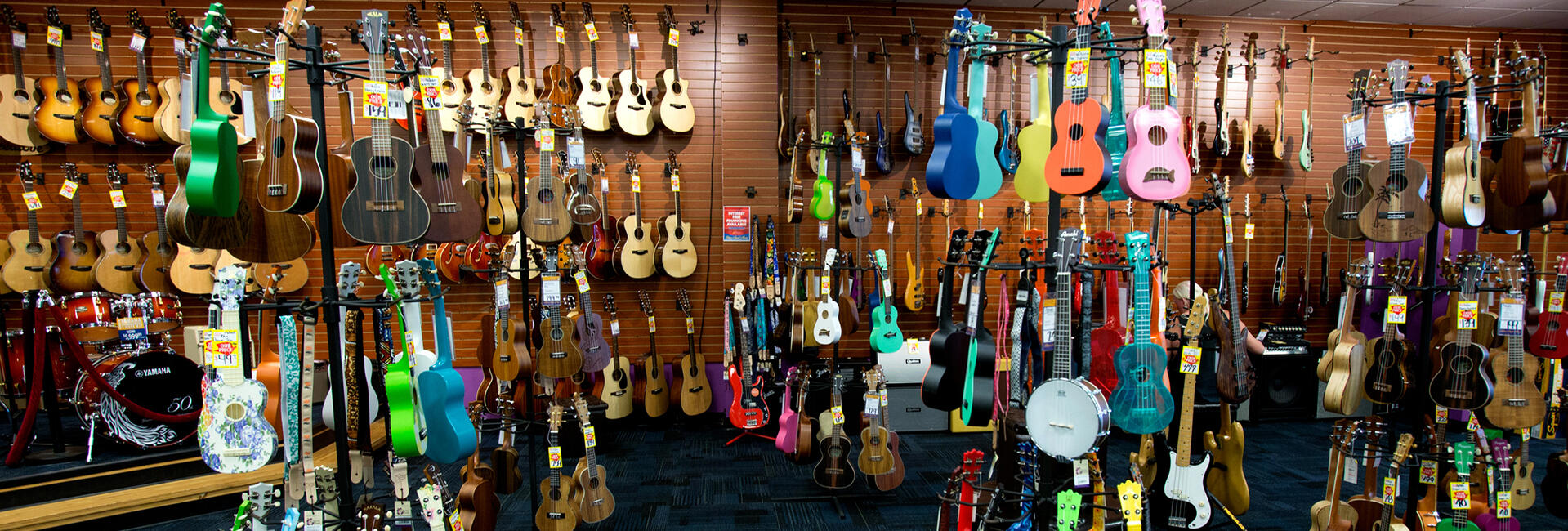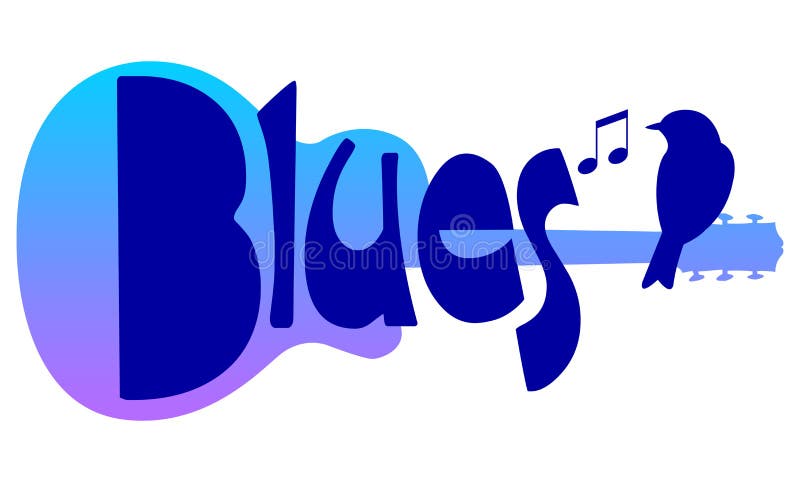

The blues grew out of African spirituals and worksongs. Most blues feature simple, usually three-chord, progressions and have simple structures that are open to endless improvisations, both lyrical and musical. At its core, the blues has remained the same since its inception. So on that thought, I'll give it another day or so to see who else chimes in, then I'll tackle it myself.Blues is about tradition and personal expression. Regarding the wide interest in the blues, I'm surprised an article of this importance would include such a speculative (and illogical) explanation at its core for such a long time - since 2015. Allreet ( talk) 21:16, 22 December 2021 (UTC) Rather than placing a large template on the page, why not just amend the text yourself, based on reliable sources? Ghmyrtle ( talk) 23:07, 22 December 2021 (UTC) Ghmyrtle: That's my usual approach, but since Blues is not my area of expertise and the article could have a closer "following", I wanted to get some feedback from editors more knowledgeable on the subject. I have no problem mentioning the "theory" set forth in the HuffPost article, ridiculous as it seems, but it should be clearly offset (refuted) by more widely accepted explanations, sources abound, that point to the term's more literal, and therefore more obvious, meaning. She then goes on to mention an 18th century work where the term "blue laws" was first used, but since nobody knows why "blue" was attached to the laws, it's a stretch - a leap, actually - to use this as an explanation for the term "the blues". Devi, on the other hand, settles on a 17th century term "blue devil", which describes severe alcohol withdrawal, also known as delirium tremors. The use of the word "blue" meaning depressed or feeling "low" can be traced as far back as Chaucer, to the 1300's. Debra Devi, who wrote the HuffPost piece, is also the author of the book Language of the Blues.

For one, blue laws were not aimed primarily at prohibiting alcohol sales but at banning all secular activities on Sundays: the sales of non-essentials, sporting events, working, etc. The assertion supported by a Huffington Post blog article that the term "the blues" is connected to blue laws strikes me as absurd. Cheers, - Hodsha ( talk) 11:20, (UTC) "Blue laws" and origin of "the blues" However, an additional note in the header would be nice for non-native speakers: The homonym Kansas City Blues is a completely different lemma but not everybody is aware of case sensitivity's influence on meaning here. The term Kansas City blues redirects here - correctly. Illinois Wikipedia:WikiProject Illinois Template:WikiProject Illinois WikiProject Illinois articlesīlues has been listed as a level-4 vital article in Art. If you would like to participate, please visit the project page, where you can join the discussion and see a list of open tasks. This article is within the scope of WikiProject Illinois, a collaborative effort to improve the coverage of Illinois on Wikipedia. This article has been rated as Top-importance on the project's importance scale. This article has been rated as B-Class on the project's quality scale.

African diaspora Wikipedia:WikiProject African diaspora Template:WikiProject African diaspora African diaspora articles This article is within the scope of WikiProject African diaspora, a collaborative effort to improve the coverage of African diaspora on Wikipedia. This article is of interest to multiple WikiProjects. This article appeared on Wikipedia's Main Page as Today's featured article on December 29, 2005. Please see the links under Article milestones below for its original nomination page (for older articles, check the nomination archive) and why it was removed.


 0 kommentar(er)
0 kommentar(er)
